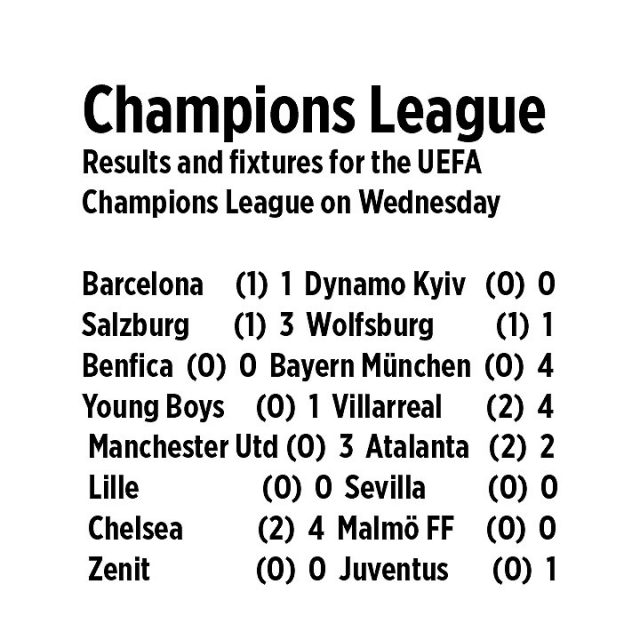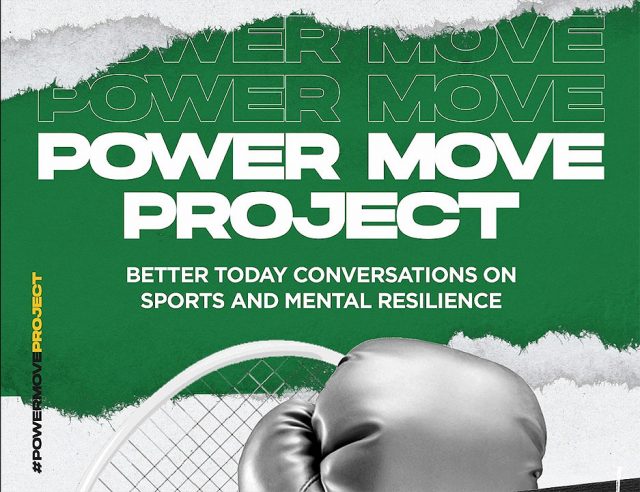For companies to digitally transform, people will need to be upskilled and reskilled to embrace new tools with the goal of improving the customer experience, according to panelists at a marketing summit on Wednesday.
Edwin R. Bautista, President and Chief Executive Officer of UnionBank, said that “digitize or perish” became the guiding words that pushed banks and other companies towards a more digital future, heightened by the coronavirus (COVID-19) pandemic.
“We realized that you need people transformation. People need to be there to make use of the tools that you have already invested in,” he explained. “The end product of transformation was to provide a superior customer experience, a lower cost to serve, and a faster rate of innovation. But without people working on it, nothing will happen.”
UnionBank was named a digital banking trailblazer in 2020 for its long-term projects ranging from digital assets like blockchain to artificial intelligence.
However, Mr. Bautista warned: “The fundamental rule of marketing is that you’re doing it for the customer and not just for the sake of innovation or winning an award.”
On the other end of the spectrum is the phrase “we’ve always done it that way,” which had prevented executives and companies from digitizing earlier and kept them lagging behind, said Francis Kong, author, business consultant, and motivational speaker.
Digital skills that those people are now scrambling to accumulate include digital fluency, digital literacy, collaboration, software use, and even literacy in data science. The pandemic demanded everyone catch up in all aspects, the panelists said.
One “tech-up” advocacy that aims to influence change through innovation is the multisectoral Digital Pilipinas, convened by Amor L. Maclang, the co-founder of GeiserMaclang Marketing Communications, Inc.
“Technology has forced all of us to think and act differently, not just from a business model perspective but more importantly how we approach engagements of our various communities — also known as marketing,” she said.
In November, Digital Pilipinas will launch an accreditation and education program on blockchain, making the Philippines the first country aside from Singapore to do so. The movement, partly funded by the Department of Trade and Industry, has also been helping micro, small, and medium enterprises (MSMEs) migrate to e-commerce.
Another example of the future of digital transformation is the intersection of cryptocurrency, e-sports, and gaming, namely the play-to-earn economy that’s predicated on technology, Ms. Maclang added.
Agnes Padilla, Coins.ph marketing head, posited that ease of use for first time users should be front of mind, to ensure financial inclusion for a wider segment of society.
“[Marketing] is not just talking about consumers,” she explained. “It’s building an ecosystem, so that’s talking to consumers and potential collaborators and building a community. In the end, the real goal is to answer consumer needs.”
Coins.ph does this by testing out or pioneering new products in a market that’s already “young, tech-savvy, and tech-hungry,” she added.
In addition to meeting consumer needs, another goal should be to prepare people, communities, customers, and organizations for the future, according to Abid Zaidi, Microsoft Philippines’ chief operating officer.
He cited their partnership with Grab, which brings digital literacy to their drivers and riders: “This is what’s needed — understanding what gaps still exist, understanding those sections of society, and taking the right level of content and coaching to them.”












